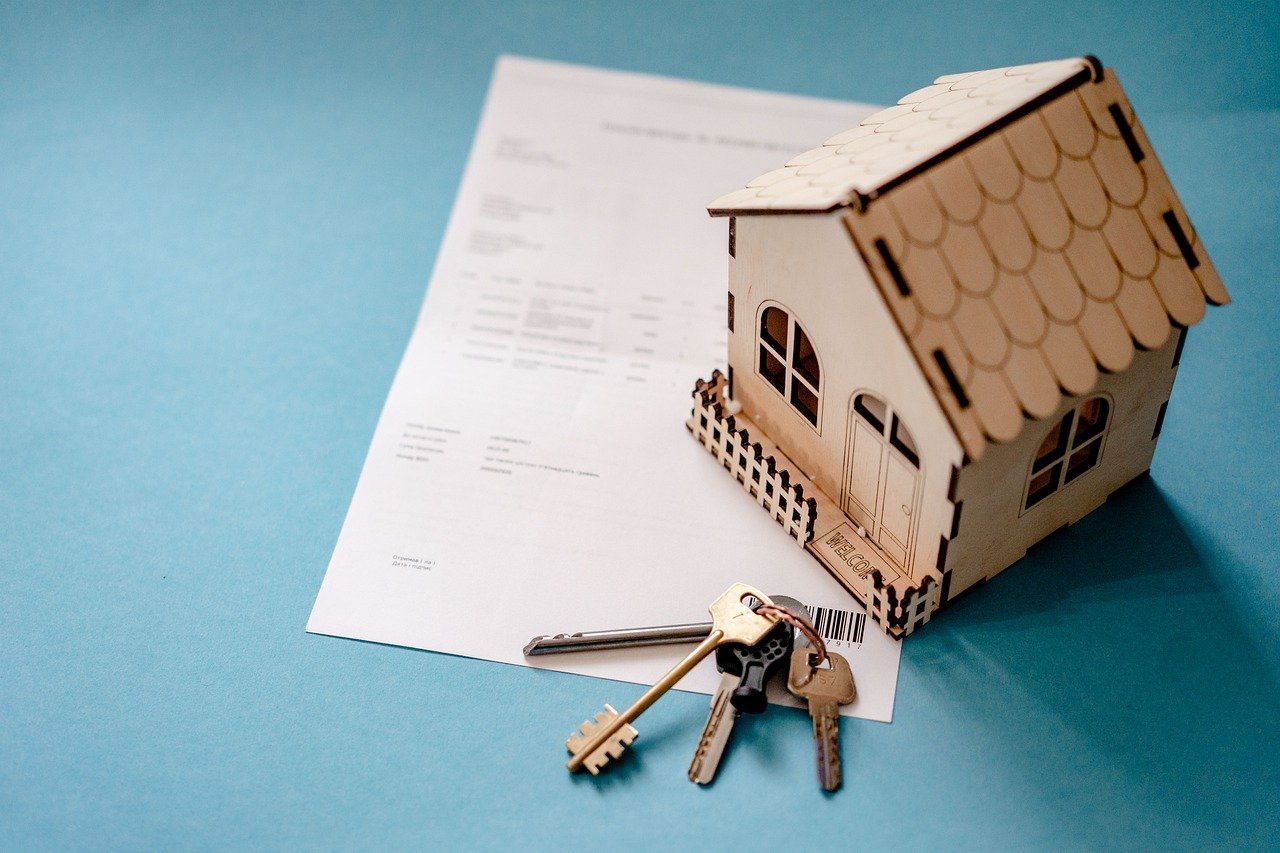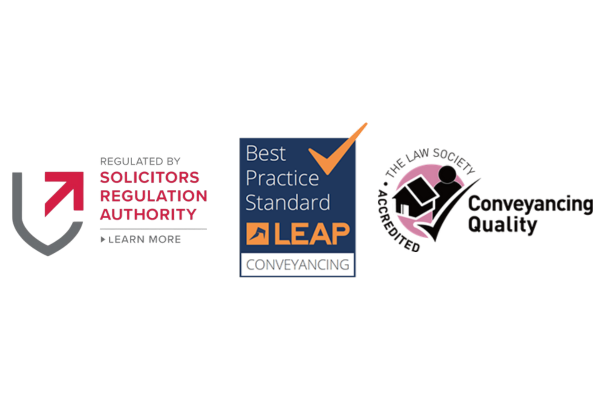The legal process involved in buying an apartment in a new development differs significantly from the purchase of an existing property from an individual seller.
It is often the case that, at the time of exchange of contracts, when your signed contract is sent to the seller and you receive the seller’s signed version, construction of the building and your apartment is not finished. Completion of construction normally takes place at a later date and is confirmed by a certificate sent to your property agent and your solicitors, together with a notice to complete the purchase sent by the developer’s solicitors to your solicitors. Such notice normally requires you (your solicitors) to complete the purchase within 10 business days. On the day of completion you must pay the balance of the purchase price. The developer’s solicitors will provide, amongst other transaction documents, an executed transfer document confirming change of the legal owner of the property and a signed and dated lease, in which you will be nominated as a party- tenant. It is often the case that there is a long period of time between the date you sign and exchange the contract and the completion date, often between one and two years.
It is important to remember that once you, as a buyer, sign a contract, both you and the developer (the seller) will be legally bound to complete the deal, i.e. you are under an obligation to buy the property and the developer is under an obligation to sell it to you.
With this type of property transaction, there are two questions that frequently arise.
- Payment schedule
Each developer has their own payment schedule. In general terms, this often includes payment of a deposit on exchange of contracts, which is normally 5%-10% of the purchase price, and then a schedule of payments payable at specified intervals, often on completion of certain stages in construction. Your solicitors will notify you well in advance when the next payment is due so that you can organise the payment with your bank. In addition to an invoice, banks often will ask for a legal letter from your solicitors to confirm the transaction, that they are instructed by you and that you are their client and the amount of funds required. Some banks located in Russia often also ask for a copy of the contract. It is important to note that your solicitors will have the contract signed by the seller only. The original contract signed by you (or by your solicitor on the basis of a power of attorney) would have been sent to the seller’s solicitors. This is what we call ‘exchange of contracts’.
- What if you can’t complete the purchase
It is possibly the most often asked question- ‘what will happen if I can’t complete the purchase?’. If your circumstances change and for whatever reason you can’t complete your purchase, you should be aware of the following possible consequences and options available to you.
Breach of contract
The most severe consequence if you are unable to complete is that you will be deemed to be in breach of contract. The developer will then have the right to keep all money paid by you to that date and sue you for breach of contract, claiming expenses and costs they incurred as a result of you not being able to complete.
Assignment of contract
If you unable to complete your purchase, your best option is to assign (or ‘sell’) the contract. A new buyer (the buyer who is buying your ‘contract’ from you) will normally pay you all money you have already paid to the developer and a premium. Important to understand that in accordance with English law you can only assign the benefit of the contract, you can not assign the burden. In accordance with terms of the contract (almost without exception) the developer will also restrict you to assigning only the benefit. This means, that if your new buyer is not able to complete, the developer has the right to enforce the burden of the contract against you. In other words, if the new buyer fails to perform, you will have to complete or suffer the consequences explained above. There is also a question of consent that you must obtain from the developer to the assignment. They do not have to give this, but in practice they usually do, as long as the new buyer has passed ID and Source of Funds checks and has the funds to complete.
All is not as negative as it sounds. Often, if not always, where a new buyer is found, and they are quite sure they want to buy the property and have the funds to do so, they come in to the transaction at a late stage, when there are a few uncertainties regarding the situation. In over 15 years of practice I have not encountered a single deal where a second buyer failed to complete. You, on the other hand, receive your money back, plus a premium, and are released from your contract obligations once the purchase is completed. Yes, there is a risk because you remain under an obligation to complete, but in practice the risk is minimal, and you are likely to be financially better off.





